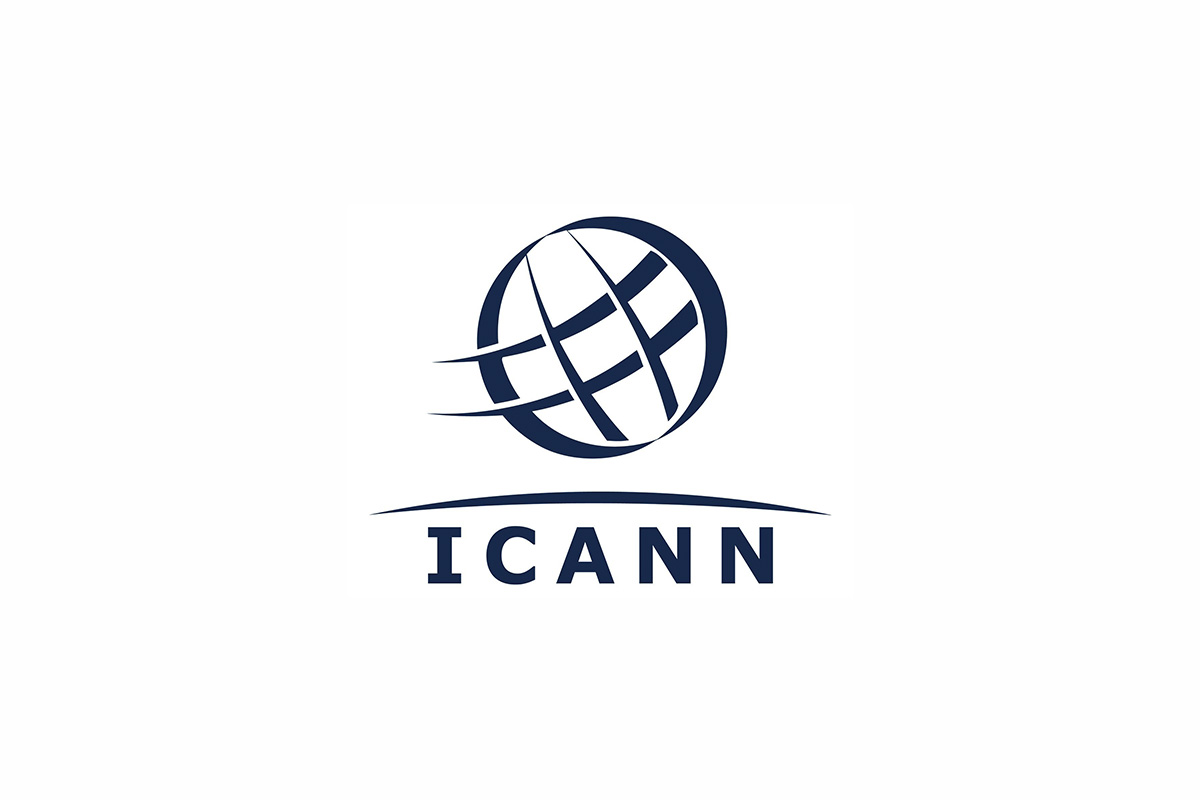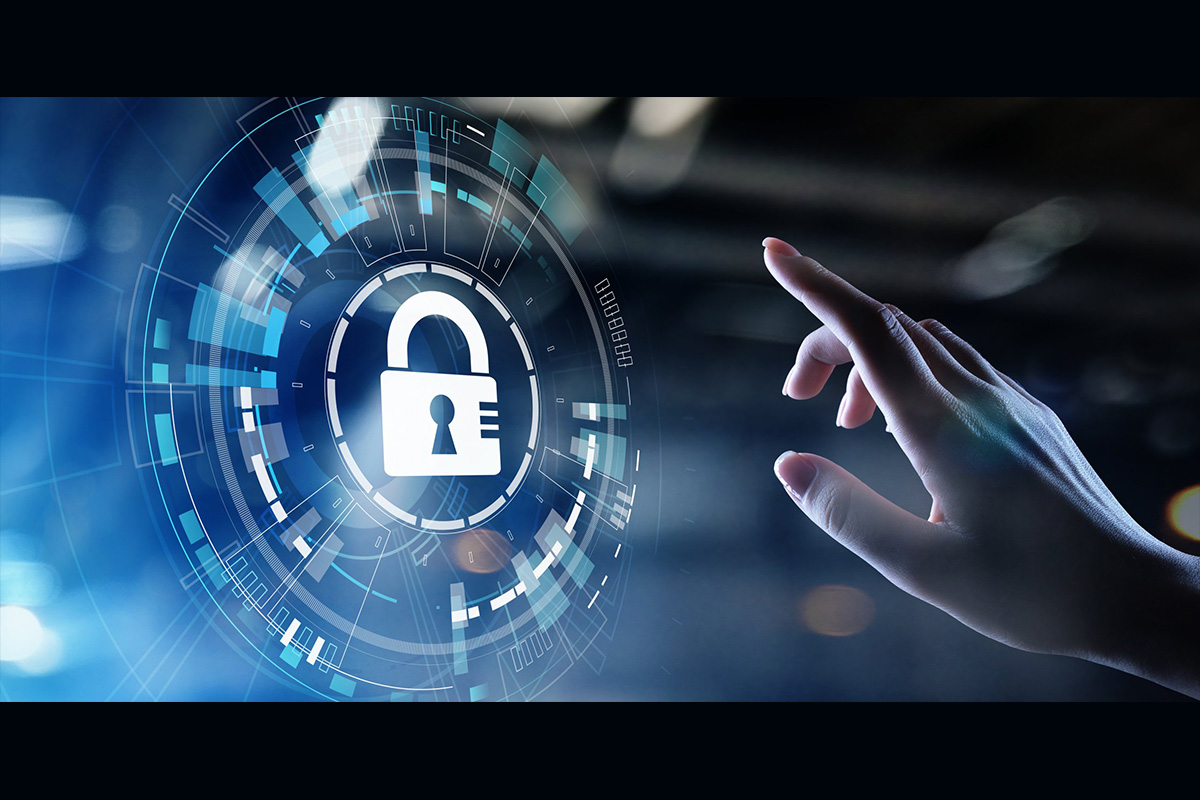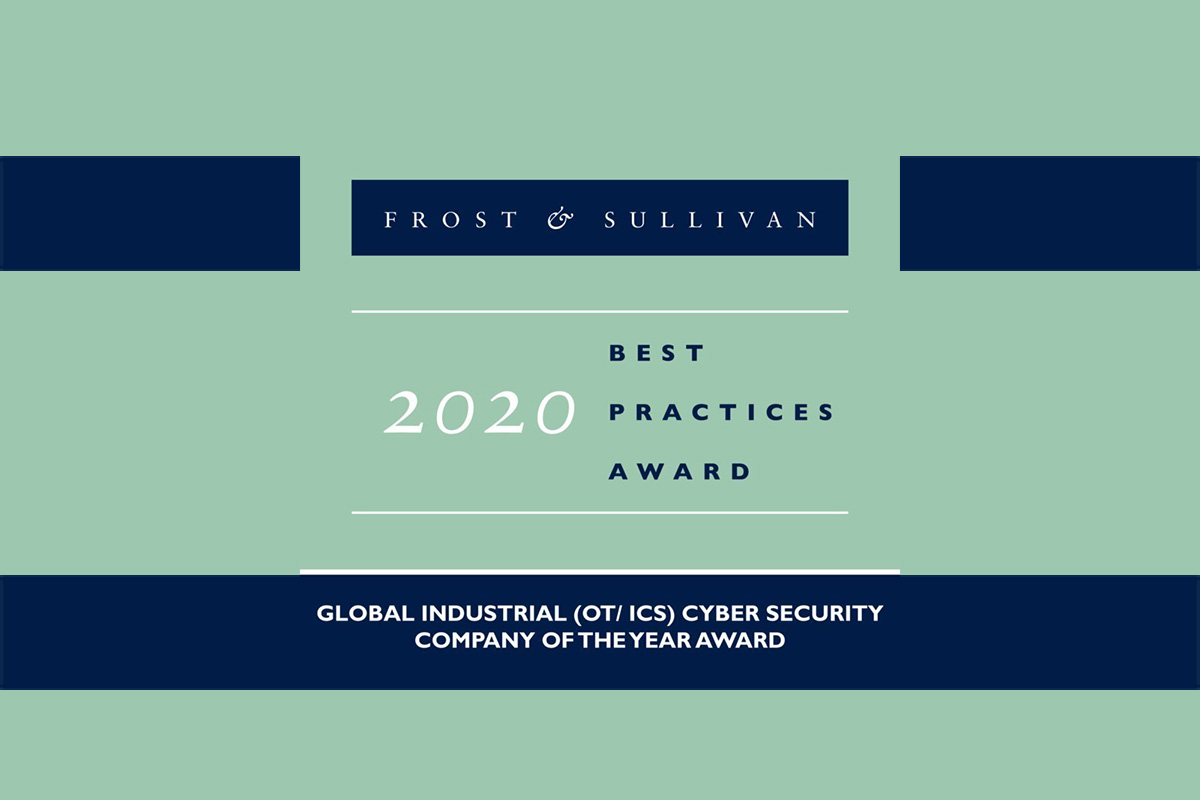The second Asia Pacific (APAC) Domain Name System (DNS) Forum 2023 will be held on 4–5 July 2023 at the Hong Kong Convention and Exhibition Centre in Hong Kong. Approximately 400 people from the Asia Pacific region have registered for the hybrid event, which will take place in Hong Kong for the first time. The forum is co-organized by the Hong Kong Internet Registration Corporation Limited (HKIRC) and the Internet Corporation for Assigned Names and Numbers (ICANN).
The event will bring together experts from different fields, including DNS architects, network engineers, cybersecurity experts, and business leaders. The forum provides a platform for stakeholders from around the world to convene and discuss issues related to the latest Internet developments, such as DNS abuse, big data applications, digital transformation, cybersecurity, and the marketization of Internet infrastructure.
“The DNS is the fundamental ‘glue’ that holds the Internet together. Continued growth of the Internet, as well as emerging technologies and services, all rely on the Internet’s unique Identifier systems, which ICANN helps to keep working through its coordination role. We look forward to sharing more on this with the participants,” said ICANN Senior Vice President and Chief Technology Officer, John Crain.
Expressing his pleasure with working with ICANN, HKIRC Chairman Simon Chan, B.B.S., J.P. said, “We are honored to work with ICANN to host this regional event in Hong Kong. As a leading player in the Internet industry, HKIRC is committed to promoting the development of a secure, stable, and resilient Internet infrastructure in Hong Kong and beyond. This event provides a unique opportunity to bring together industry experts to discuss critical issues facing the Internet today.”
The forum features a range of topics related to the diverse applications of DNS and its significance in shaping the digital landscape, with particular emphasis on the contribution of DNS to digital transformation and the digital economy.
One of the key topics to be discussed at the event is cyber-attacks and DNS abuse. Experts will highlight the importance of implementing comprehensive security measures and DNS management practices to prevent cyber-attacks and DNS abuse, which are two different but related issues that organizations need to be aware of in today’s digital environment. Attendees will gain actionable insights on how to combat these threats and protect their DNS infrastructure.
The forum will also showcase the latest trends and innovations in big data, digital infrastructure, blockchain technology, and artificial intelligence. These developments offer great potential to facilitate the adoption of big data, digital infrastructure, and the digital economy, encouraging users to embrace the digital future. Attendees will be provided with practical strategies for success in these areas.
The growth of the Internet has played a key role in fostering the digital economy, digital infrastructure, and promoting smart cities. As technology continues to advance, the importance of the Internet and digital infrastructure is likely to only continue to grow, providing new opportunities for economic growth and improving the quality of life for people in cities around the world.
Visit the APAC DNS Forum 2023 website for more information. Registration is free and required to attend the event (virtually or in person). The closing date for registration is 2 July 2023.






